
Cotton Incorporated Affiliations
Responsible Cotton Production Depends on Collaboration
Continuous improvement in all aspects of cotton production is essential to a responsible, sustainable future. Making the most progress we can, as quickly as possible, requires collaboration. So, Cotton Incorporated seeks out strategic collaborations that offer opportunities to leverage our own capabilities and expertise to accelerate environmental gains and contribute to the greater good.

U.S. Department of Agriculture (USDA)
The USDA provides leadership on food, agriculture, natural resources, rural development, nutrition, and related issues based on public policy, the best available science, and effective management. The department aims provide economic opportunity through innovation, helping rural America to thrive; to promote agriculture production that better nourishes Americans while also helping feed others throughout the world; and to preserve the United States’ natural resources through conservation, restored forests, improved watersheds, and healthy private working lands. For more information, visit https://www.usda.gov/
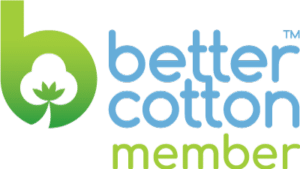
Better Cotton
Better Cotton, also known as the Better Cotton Initiative, is a not-for-profit leading sustainability initiatives for cotton. Setting global standards, Better Cotton strives to improve the industry for producers, the environment, and future generations. It benefits all stakeholders involved by providing training to farming communities in sustainable cotton production. Through advocating a holistic approach to cultivation, Better Cotton promotes social, environmental, and economic sustainability. For more information, visit: www.bettercotton.org.
The U.S. Cotton Trust Protocol (USCTP)
The U.S. Cotton Trust Protocol™ sets a new standard for more sustainably grown cotton. It brings quantifiable and verifiable goals and measurement to sustainable cotton production and drives continuous improvement in key sustainability metrics. The Trust Protocol is aligned with existing sustainability programs including the U.N. Sustainable Development Goals. Representatives from organizations across the cotton industry advise the board of directors on the vision and activity of the Trust Protocol, including Cotton Incorporated Chief Sustainability Officer, Dr. Jesse Daystar. More information about the Trust Protocol can be found at www.trustuscotton.org.
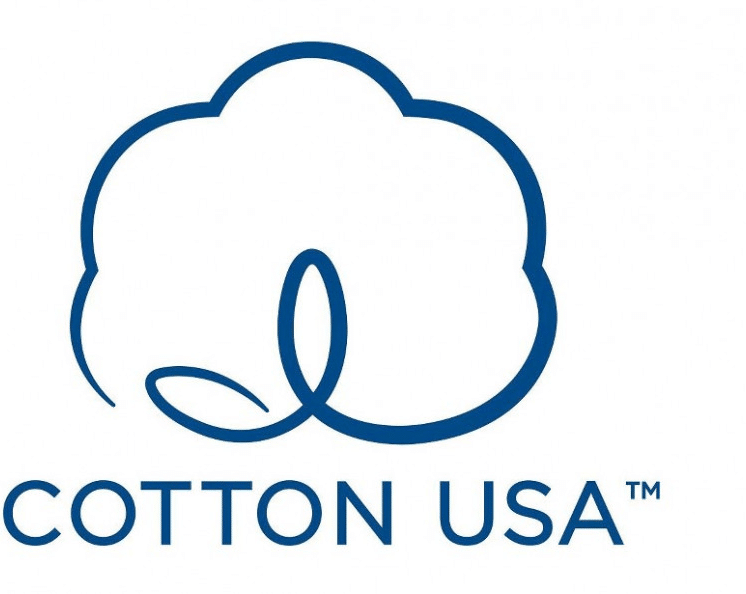
COTTON USA/Cotton Council International (CCI)
At COTTON USA, you’ll find family farmers who are committed to working their fields sustainably and leaving them better for the world. You’ll find a long history of innovative harvesting and ginning technology that results in higher-quality cotton. And you’ll find a commitment to transparent partnership that is unmatched anywhere. Look closer at COTTON USA. You’ll see why we’re the Cotton The World Trust. More information can be found at https://cottonusa.org/.
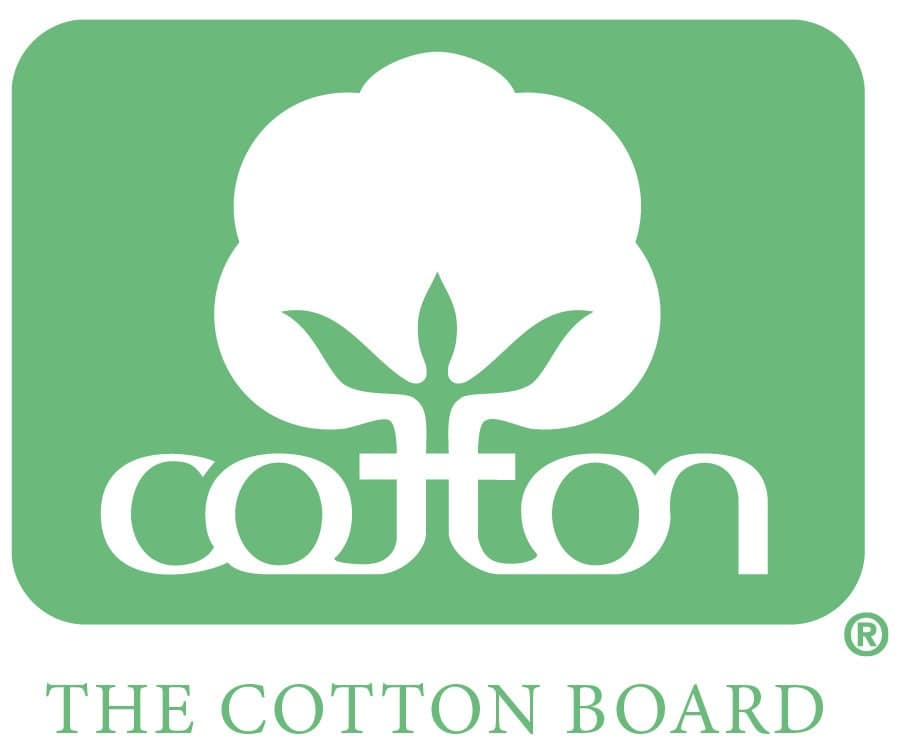
Cotton Board
Based in Memphis, Tennessee, The Cotton Board is the oversight and administrative arm of the Cotton Research & Promotion Program, representing U.S. Upland cotton. While Cotton Incorporated is consumer and trade focused, it is a charged function of The Cotton Board’s mission to keep U.S. producers and importers of cotton informed on the innovative developments coming from the Program. More information about the Cotton Board can be found here https://www.cottonboard.org/.
Field to Market
Field to Market: The Alliance for Sustainable Agriculture brings together a wide range of grower organizations, agricultural businesses, food, beverage, apparel, restaurant and retail companies; environmental organizations; academia; and public and private sector partners to accelerate sustainable food, fiber and fuel production in the U.S. Field to Market provides collaborative leadership that creates science-based, technology-driven, industry-wide dialogue to drive continuous improvement in productivity, environmental quality and human wellbeing. To learn more, visit www.fieldtomarket.org.
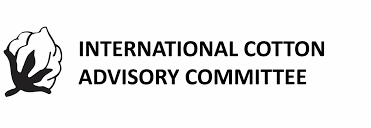
International Cotton Advisory Committee Expert Panel on the Social Environmental and Economic Performance of Cotton (ICAC - SEEP)
The ICAC is an association of members of cotton producing, consuming and trading countries. In 2006, the ICAC established an Expert Panel on the Social Environmental and Economic Performance of Cotton (SEEP). The Expert Panel is focused on providing the ICAC with objective, science-based information on the negative and positive social, environmental and economic aspects of global cotton production, gathering information from around the world on costs of agricultural labor and the factors that affect those costs to assess their impacts on the social performance of cotton; and making recommendations for further action. https://www.icac.org/
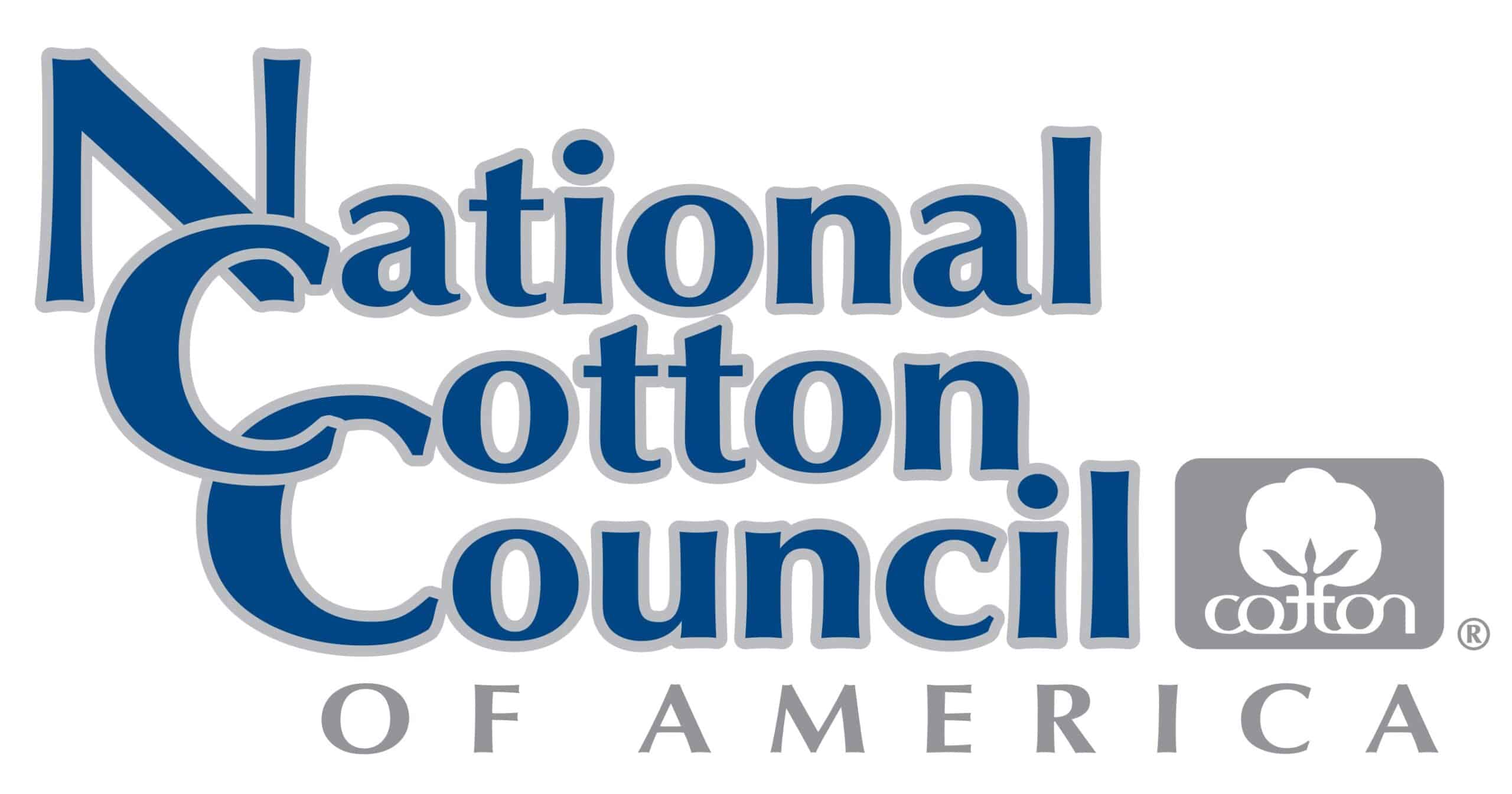
National Cotton Council (NCC)
The National Cotton Council of America’s mission is to ensure the ability of all U.S. cotton industry segments to compete effectively and profitably in the raw cotton, oilseed and U.S.-manufactured product markets at home and abroad. The Council serves as the central forum for consensus-building among producers, ginners, warehousers, merchants, cottonseed processors/dealers, cooperatives and textile manufacturers. The organization is the unifying force in working with the government to ensure that cotton’s interests are considered. To learn more, visit https://www.cotton.org/.
The Sustainability Consortium® (TSC)
The Sustainability Consortium is a global non-profit organization transforming the consumer goods industry through science and innovation to deliver more sustainable consumer products. TSC develops transparent methodologies, tools and strategies to drive a new generation of products and supply networks that address global environmental, social and economic needs and challenges. More information on TSC can be found at www.sustainabilityconsortium.org.

Cascale
Cascale, formerly the Sustainable Apparel Coalition, is a global nonprofit alliance comprising 300 leading apparel, footwear, and textile brands, retailers, manufacturers, sourcing agents, service providers, trade associations, NGOs (non-governmental organizations), and academic institutions. Its mission is to promote equitable and restorative business practices in the consumer goods industry through collaboration and collective action. As the owner and developer of the Higg Index, Cascale focuses on effectively measuring and evaluating the social and environmental impacts of value chains and products. To learn more about Cascale, visit www.cascale.org.
Textile Exchange
Textile Exchange is a global nonprofit organization seeking to positively impact the climate by advancing the use of sustainable textiles across the industry. Members include leading brands, retailers and suppliers working together to establish and embrace best practices and fair business models that accelerate the textile industry’s use of preferred materials worldwide. Learn more about Textile Exchange at www.textileexchange.org.
Delta Framework
The Delta Framework was created to help growers of agricultural commodities, like coffee and cotton, better assess how they are supporting the U.N.’s Sustainable Development Goals. By providing a clear and consistent framework for data collection, monitoring and reporting, the Delta Framework seeks to harmonize sustainability reporting in ways that reduce the burden of reporting, incentivize progress monitoring and support a more collaborative approach to solving cross-sector challenges. The Delta Framework was founded by the Better Cotton Initiative, the Global Coffee Platform, the International Cotton Advisory Committee and the International Coffee Association, and is funded by the ISEAL Innovation Fund. Learn more about the Delta Framework at www.deltaframework.org.
Cotton 2040
Cotton 2040 was created to bring together leading international brands and retailers, sustainable cotton standards, industry initiatives, traders, processors, growers and other global stakeholders to create a resilient cotton industry. The Cotton 2040 platform aims to achieve this goal by accelerating progress and maximizing the impact of existing sustainable cotton initiatives. Learn more about Cotton 2040 at www.forumforthefuture.org/cotton-2040.